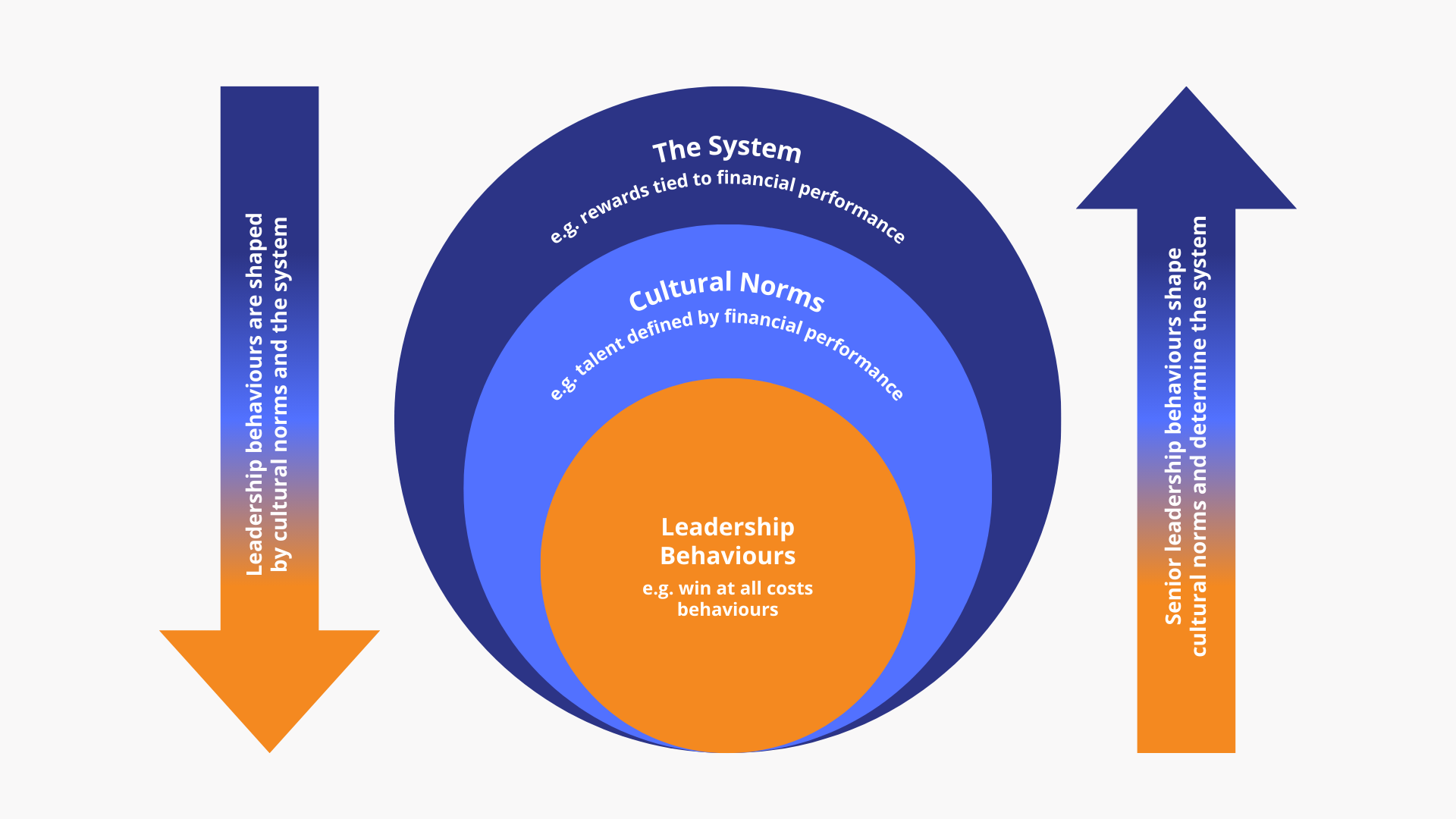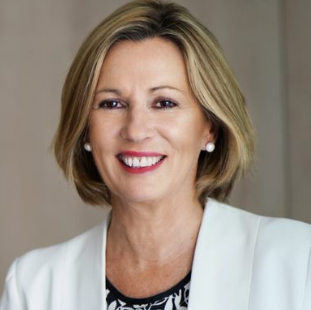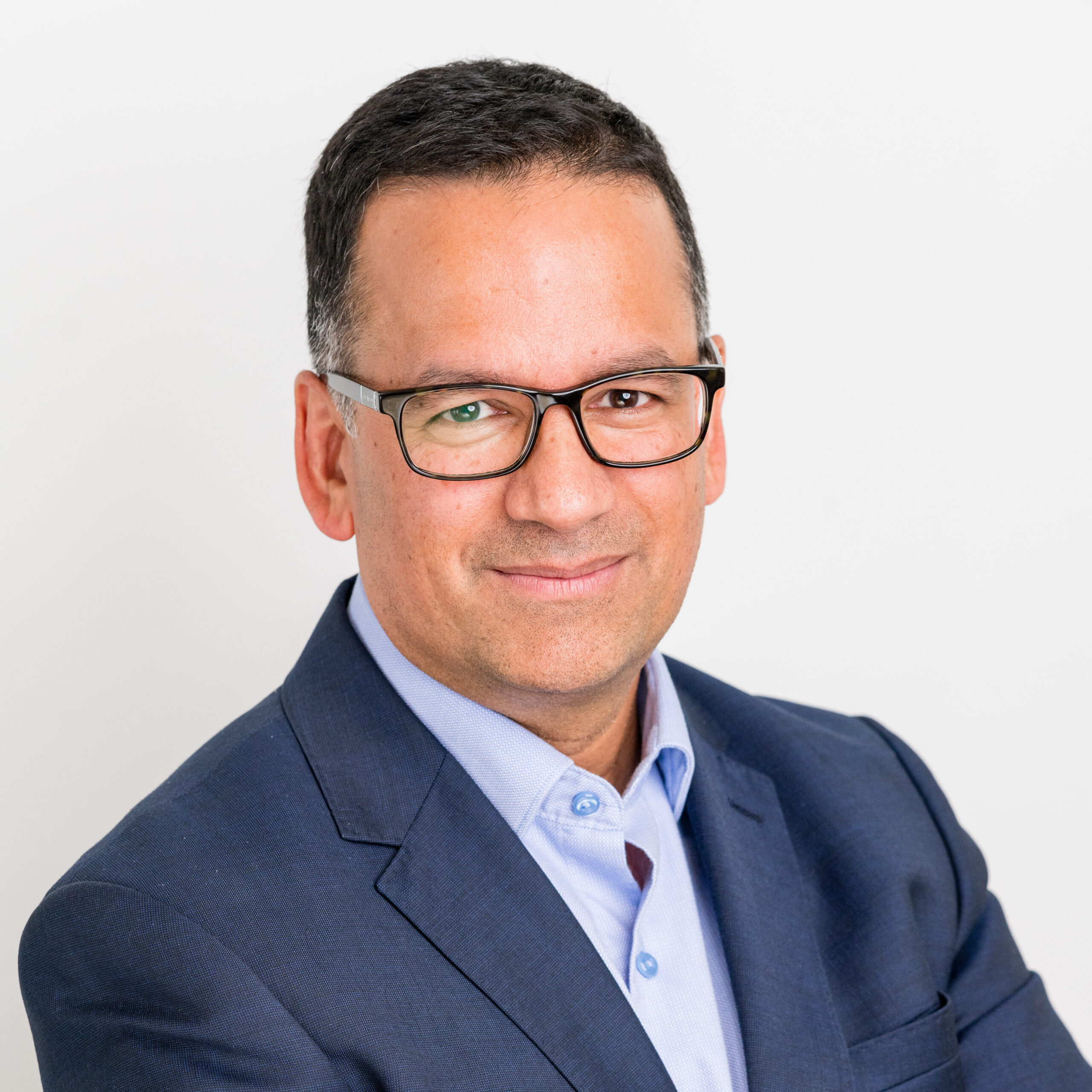Why Leaders Shouldn’t be Promoted if they Can’t Develop People
One of the key findings of this month’s excoriating report into the culture at consulting firm EY is that leaders should not be promoted further if they cannot manage and develop staff – even if they perform well financially.
Former sex discrimination commissioner Elizabeth Broderick noted her report into EY’s culture had reached similar conclusions to Ziggy Switkowski’s report into PwC’s tax leaks scandal: both firms had put the pursuit of profit above people.
The Switkowski report into PwC blamed the firm’s tax leaks scandal on a “shadow” culture that tolerated bad behaviour in the pursuit of profit “growth at all costs” and a lack of governance that “went unexamined and uncorrected for many years”.
Both reports highlighted that the firms’ people did not feel empowered to speak out about bad behaviour.
In the case of EY, the report recommended that changing the culture would involve changing the way performance was measured—changing the settings away from purely financial performance to a leader’s ability to develop their people.
The report recommends that EY “set an expectation that all leaders must achieve a certain level of capability in people leadership, including capability in leading diverse teams, to be eligible for progression”.
While these recent reports are focused on the culture at EY and PwC, we believe the underlying principles in both reports extend well beyond professional services firms to any organisation wanting to develop a truly inclusive, high-performance culture.
Leaders never operate in a vacuum: context is everything
One of the biggest challenges of leaders wanting to develop their capability at a large organisation is what we would describe as an institutionalised lack of perspective.
For example, the typical CV of a Partner at a big Professional Services firm might read: University, studying law or accounting; Internship at the firm; employed by the firm as part of their graduate program; working their way up the ranks to end up as a senior partner of the same consultancy.
Within this context, the leader has only had to operate within the institutionalised norms, beliefs and ways of working of a closed eco-system. Such a system can allow a leader to reach a senior position without having to build critical leadership skills such as the giving and receiving of feedback, creating psychological safety or managing constructive conflict.
In our experience, any initiative to building the leadership capability that Elizabeth Broderick is advocating needs to be informed by a deep understanding of the context in which leaders are operating.

The Conundrum for Change and Development at the Most Senior Levels
The task facing firms like EY and PwC to shift their cultures is significant. Amongst other things, they will need to interrogate and overhaul reward and renumeration systems and recruit for a diversity of thinking that will challenge and upend unhealthy cultural norms over time.
The challenge for these firms is that cultivating the diversity of thinking required at the most senior levels, to precipitate the required shifts in culture, will take time to filter through.
The solution to this conundrum is bringing in senior, experienced mentors who can challenge the viewpoints and perspectives of these senior leaders within the cone of silence of a confidential trusted advisor relationship.
We define Mentors as credentialed professionals who satisfy the two important criteria required to build capability in the most senior of leaders:
- They are credentialed professionals with deep understanding of the development challenges facing executives and who can therefore provide invaluable insights and foster a culture of accountability and continuous improvement.
- They have strong commercial acumen and business experience from their own careers (typically former C-level executives) who can bring a wealth of hands-on experience to any relationship – not just as advisors; but as thinking partners. They challenge norms, encourage ethical decision-making, and help leaders discover their purpose.
External mentoring can serve as powerful catalyst, and an indispensable support for the most senior leaders in an organisation who for many firms like EY and PwC are having to become the vanguards of change.

Virginia Mansell is a clinical and organisational psychologist and Founding Partner at SMG.

Mehul Joshi is a award winning former BBC broadcast journalist, Senior Partner and Head of the Leadership Practice at SMG.








